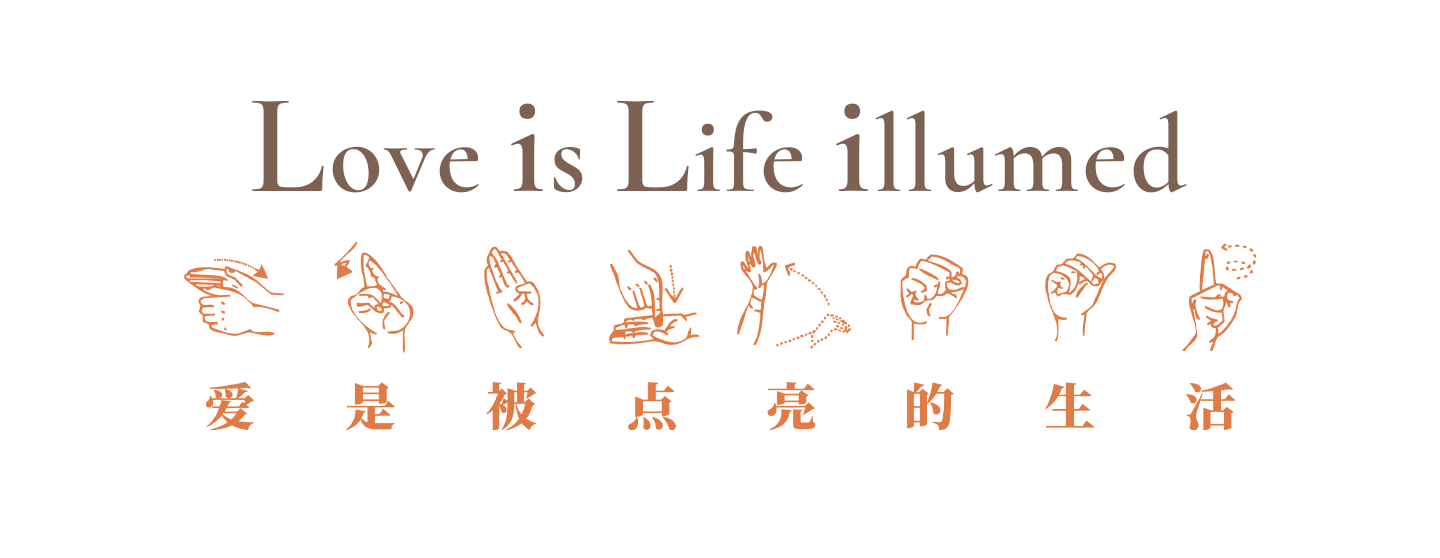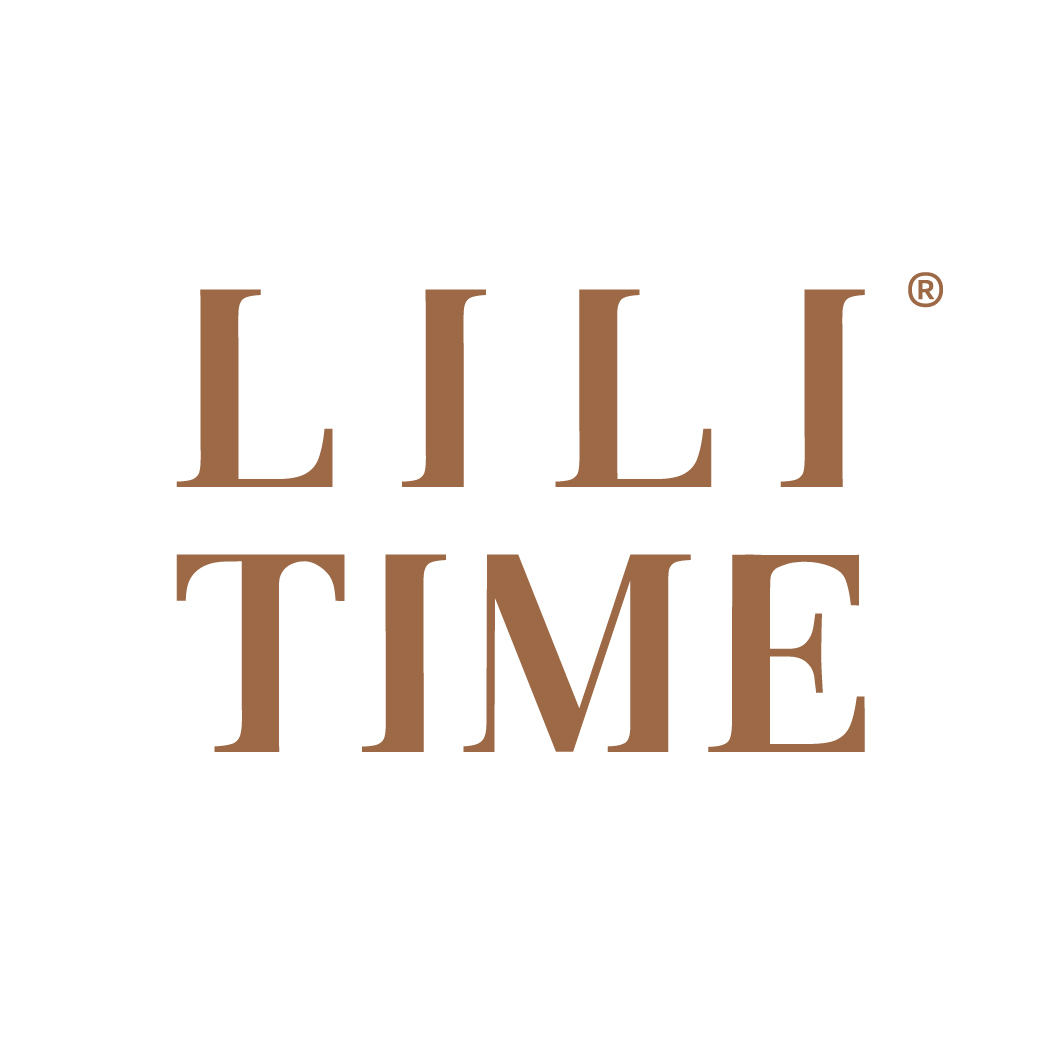

LiLi Time

Shanghai, China
July 2022
Restaurants & food service
Service with Significant Environmental Footprint
China
LiLi Time is a sustainable lifestyle brand and the first company in China to receive a WELL Equity Rating (IWBI). It is also the only B Corp-certified coffee shop in mainland China and the first coffee shop in Shanghai to be certified as a social enterprise by CSECC, recognized as Shanghai’s 5693rd Public Welfare Base. With an inclusive employment rate exceeding 80%, LiLi Time offers integration opportunities for individuals from the deaf and intellectually disabled communities. The company currently operates three physical locations—LiLi Time·Xiangzi, LiLi Time·Yuanzi, and LiLi Time·Angel—and also manages a corporate store, LiLi Time·PWC. Guided by the brand’s core philosophy, "Love is Life illumed," LiLi Time uses trust and value-driven innovation to foster social inclusion. It believes that business can be a force for good, blessing both individuals and society. By combining business and social impact, LiLi Time aims to address social integration issues in a sustainable way, avoiding reliance on donations while ensuring its operations are financially self-sustaining. The brand creates shared value, achieving a win-win scenario for both society and business.
Overall B Impact Score
Governance 7.1
Governance evaluates a company's overall mission, engagement around its social/environmental impact, ethics, and transparency. This section also evaluates the ability of a company to protect their mission and formally consider stakeholders in decision making through their corporate structure (e.g. benefit corporation) or corporate governing documents.
What is this? A company with an Impact Business Model is intentionally designed to create a specific positive outcome for one of its stakeholders - such as workers, community, environment, or customers.
Workers 52.7
Workers evaluates a company’s contributions to its employees’ financial security, health & safety, wellness, career development, and engagement & satisfaction. In addition, this section recognizes business models designed to benefit workers, such as companies that are at least 40% owned by non-executive employees and those that have workforce development programs to support individuals with barriers to employment.
What is this? A company with an Impact Business Model is intentionally designed to create a specific positive outcome for one of its stakeholders - such as workers, community, environment, or customers.
Community 26.4
Community evaluates a company’s engagement with and impact on the communities in which it operates, hires from, and sources from. Topics include diversity, equity & inclusion, economic impact, civic engagement, charitable giving, and supply chain management. In addition, this section recognizes business models that are designed to address specific community-oriented problems, such as poverty alleviation through fair trade sourcing or distribution via microenterprises, producer cooperative models, locally focused economic development, and formal charitable giving commitments.
What is this? A company with an Impact Business Model is intentionally designed to create a specific positive outcome for one of its stakeholders - such as workers, community, environment, or customers.
Environment 5.8
Environment evaluates a company’s overall environmental management practices as well as its impact on the air, climate, water, land, and biodiversity. This includes the direct impact of a company’s operations and, when applicable its supply chain and distribution channels. This section also recognizes companies with environmentally innovative production processes and those that sell products or services that have a positive environmental impact. Some examples might include products and services that create renewable energy, reduce consumption or waste, conserve land or wildlife, provide less toxic alternatives to the market, or educate people about environmental problems.
Customers 9.1
Customers evaluates a company’s stewardship of its customers through the quality of its products and services, ethical marketing, data privacy and security, and feedback channels. In addition, this section recognizes products or services that are designed to address a particular social problem for or through its customers, such as health or educational products, arts & media products, serving underserved customers/clients, and services that improve the social impact of other businesses or organizations.
What is this? A company with an Impact Business Model is intentionally designed to create a specific positive outcome for one of its stakeholders - such as workers, community, environment, or customers.